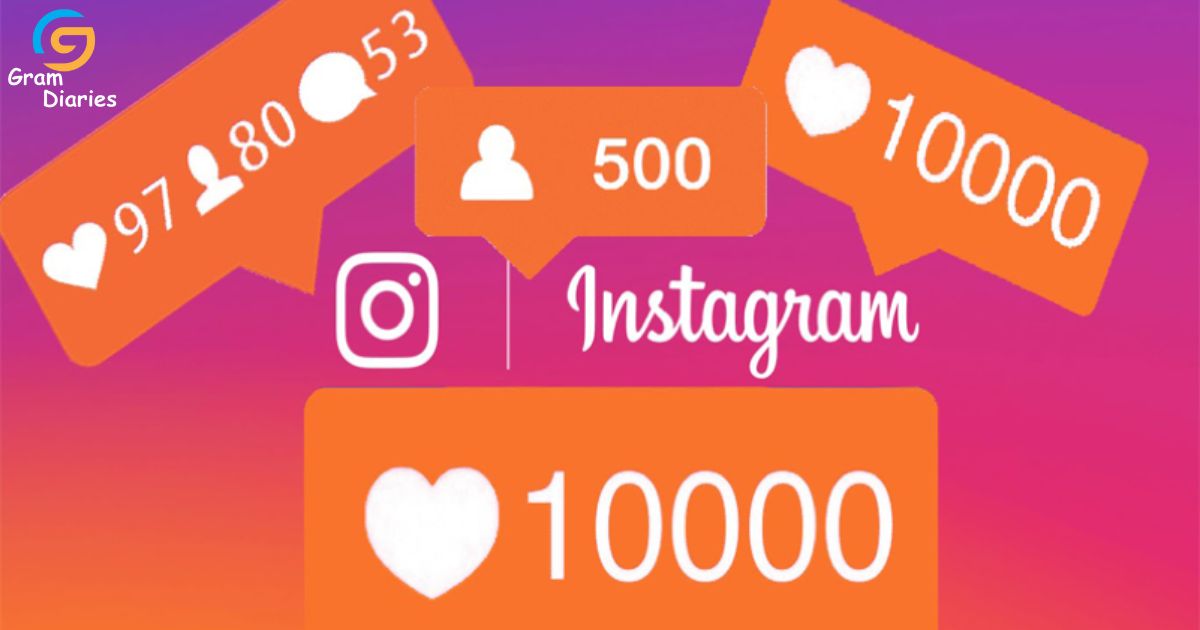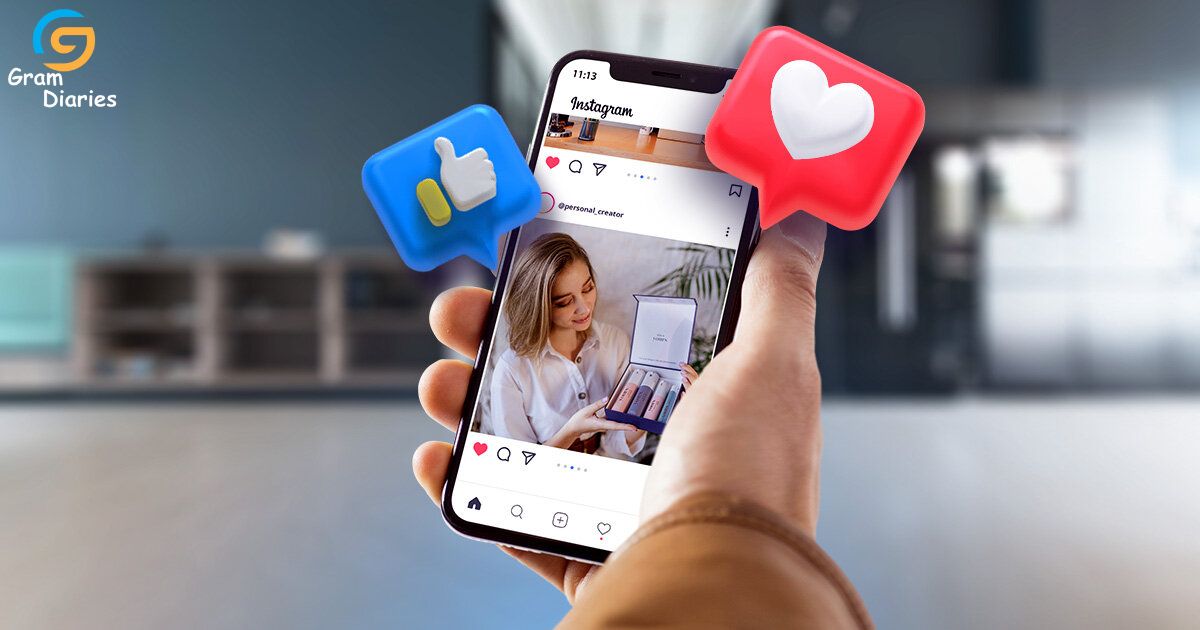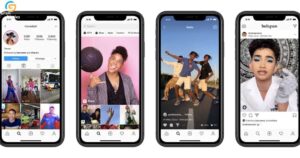In a digital landscape teeming with selfies and filtered snapshots, the quest for validation takes center stage. Are Instagram likes in order or do they merely fuel a hunger for social acceptance? Peel back the layers and explore the psychology behind this seemingly innocuous form of affirmation.
Delve into the effects on self-esteem, mental health, and the perception of success. This article aims to shed light on the connection between Instagram likes and the human desire for belonging, while offering strategies for reducing their influence.
Key Takeaways
- Instagram likes activate the brain’s reward system and release dopamine.
- Likes on Instagram are equated with social acceptance, popularity, and serve as a measure of social status.
- Receiving likes on Instagram increases self-esteem, a sense of belonging, and reinforces positive self-perceptions.
- Excessive focus on likes can lead to comparison, anxiety, feelings of inadequacy, and have detrimental effects on mental health.
The Psychology Behind Instagram Likes
The psychology behind Instagram likes sheds light on the underlying motivations and behaviors that drive users to seek validation and approval through the act of scrolling, double-tapping, and commenting on posts.
A study conducted by the University of Michigan found that receiving likes on Instagram activates the brain’s reward system, releasing dopamine, which leads to feelings of pleasure and satisfaction. This neurological response reinforces the behavior of seeking likes, as individuals equate the number of likes with social acceptance and popularity.
Moreover, research has shown that individuals who receive a high number of likes on their posts experience an increase in self-esteem and a sense of belonging. This desire for validation and social approval through likes creates a cycle of seeking external validation and may contribute to the constant need for attention and affirmation seen on the platform.
The Effects of Instagram Likes on Self-Esteem
Previous research suggests that individuals who receive a high number of Instagram likes on their posts may experience an increase in self-esteem and a sense of belonging. This is supported by several studies that have examined the psychological effects of social media validation.
- Instagram likes have been found to provide a form of social validation, which can boost self-esteem and feelings of acceptance.
- The act of receiving likes on Instagram can create a sense of connection and belonging to a larger online community.
- Likes on Instagram can serve as a measure of popularity and social status, leading to enhanced self-worth.
- The positive feedback received through likes can reinforce positive self-perceptions and increase confidence.
- Individuals who receive a high number of likes may perceive themselves as more influential and socially desirable.
Overall, the evidence suggests that Instagram likes play a significant role in shaping individuals’ self-esteem and sense of belonging, particularly in the context of online social interactions.
The Role of Instagram Likes in Social Validation
Recent studies have shed light on the impact of Instagram likes on individuals’ perceptions of social validation.
Instagram has become a popular platform for users to share photos and receive likes from their followers. These likes serve as a form of social validation, indicating that others appreciate and approve of the content being shared.
Research has shown that receiving a high number of likes on Instagram can positively influence individuals’ self-esteem and sense of belonging, as it reinforces their social status and popularity.
However, it is important to consider the potential negative effects of relying too heavily on Instagram likes for validation. Excessive focus on likes can lead to comparison, anxiety, and a constant need for external validation, which can have detrimental effects on mental health.
How Instagram Likes Affect Mental Health?
Numerous studies have shown that the number of Instagram likes a person receives can have a significant impact on their mental health.
Social comparison plays a role, as individuals tend to compare the number of likes they receive with those of their peers, leading to feelings of inadequacy and lower self-esteem.
Additionally, the validation and self-worth associated with receiving likes can create a reliance on external validation, potentially leading to a fragile sense of self.
Moreover, the constant exposure to idealized body images on Instagram can contribute to negative body image and body dissatisfaction, further affecting mental well-being.
Social Comparison and Self-Esteem
As social media users engage in constant social comparison, the impact of Instagram likes on self-esteem is a pressing concern that warrants further exploration.
Research has shown that receiving likes on Instagram can have both positive and negative effects on an individual’s self-esteem. On one hand, receiving likes can boost self-esteem and provide a sense of validation and social acceptance. On the other hand, not receiving enough likes or comparing oneself to others who receive more likes can lead to feelings of inadequacy and lower self-esteem.
It is important to note that the impact of Instagram likes on self-esteem can vary depending on individual factors such as age, gender, and personality traits. Understanding these complex dynamics can help us develop strategies to mitigate the negative effects and promote a healthier online environment.
Validation and Self-Worth
Receiving a high number of Instagram likes can provide individuals with a sense of validation and reinforce their self-worth. In today’s digital age, social media platforms like Instagram have become a significant part of our lives, where people seek recognition and acceptance from their online peers.
Studies have shown that the act of receiving likes on Instagram triggers the release of dopamine, a neurotransmitter associated with reward and pleasure. This positive reinforcement can have a profound impact on an individual’s self-esteem, leading to increased feelings of belonging and acceptance within their online community.
However, it is important to note that relying solely on Instagram likes for validation can be detrimental to one’s mental well-being. Research suggests that excessive use of social media can lead to negative self-comparisons and feelings of inadequacy.
Therefore, while Instagram likes can provide a temporary boost in self-worth, it is crucial for individuals to seek validation from within and cultivate a healthy sense of self-esteem.
Impact on Body Image
The constant exposure to highly curated and idealized body images on Instagram can perpetuate unrealistic beauty standards and exacerbate negative body image issues among users. This has significant implications for the mental and emotional well-being of individuals, particularly young people who are more susceptible to these influences.
Studies have shown that prolonged exposure to idealized body images on social media platforms like Instagram is associated with increased body dissatisfaction, low self-esteem, and higher levels of depression and anxiety. The impact of these unrealistic beauty standards is further intensified by the use of editing tools and filters, which can distort reality and create unattainable expectations. Additionally, the comparison culture fostered by Instagram can lead to feelings of inadequacy and self-doubt, as users constantly measure themselves against the seemingly perfect lives and bodies of others. This highlights the need for promoting body positivity and fostering a more diverse representation of beauty on social media platforms.
Transition: While the impact of Instagram on body image is well-documented, another aspect that deserves attention is the connection between Instagram likes and authenticity.
The Connection Between Instagram Likes and Authenticity
Several studies have shown a strong correlation between the number of Instagram likes and the perceived authenticity of users’ content. In today’s digital age, where social media is a prominent platform for self-expression, understanding the impact of likes on authenticity is crucial.
Research suggests that users with a higher number of likes on their posts are generally perceived as more genuine and trustworthy by their audience. This perception is likely due to the implicit belief that a higher number of likes indicates a higher level of approval and validation from others.
However, it is important to note that while likes can contribute to the perceived authenticity of content, they should not be the sole determinant. Authenticity should stem from genuine experiences and honest representation, rather than simply seeking popularity.
Instagram Likes: Are They a True Measure of Success
In the realm of social media, Instagram likes can be a deceiving measure of success, but rather a fleeting indication of popularity. While receiving a large number of likes on a post may make one feel validated and accepted, it does not necessarily translate to real-world success or happiness.
Here are five reasons why Instagram likes should not be relied upon as a true measure of success:
- Likes can be easily manipulated through various strategies, such as buying likes or using engagement pods.
- The quality of content is often overlooked in favor of popularity, leading to a focus on quantity over quality.
- Likes do not provide any insight into the impact or influence of a post on its audience.
- The pursuit of likes can lead to a constant need for validation and negatively impact mental health.
- Likes are a superficial form of validation that does not necessarily reflect genuine appreciation or connection.
In order to reduce the influence of Instagram likes, it is important to focus on strategies that prioritize authenticity and meaningful engagement.
Strategies for Reducing the Influence of Instagram Likes
One effective strategy for reducing the influence of Instagram likes is by implementing a comprehensive algorithm that limits the visibility of like counts in order to shift the focus towards meaningful engagement.
This strategy aims to address the negative impact that the obsession with likes can have on users’ mental health and self-esteem. By concealing like counts, individuals are encouraged to focus on creating and sharing content that resonates with their audience, rather than seeking validation through likes.
Research has shown that excessive focus on likes can lead to feelings of inadequacy and a constant need for validation, which can be detrimental to users’ well-being.
Frequently Asked Questions
How Can I Increase the Number of Likes on My Instagram Posts?
To increase the number of likes on your Instagram posts, focus on creating high-quality content that is visually appealing, engaging, and relevant to your target audience. Utilize hashtags strategically, engage with your followers, and collaborate with other influencers to expand your reach.
Can Instagram Likes Determine the Popularity of a Person or Brand?
Instagram likes can provide a rough indication of a person or brand’s popularity, but they should not be the sole determining factor. Other metrics, such as engagement rates and follower growth, should also be considered for a comprehensive analysis.
Are There Any Negative Consequences of Receiving Too Many Instagram Likes?
Receiving too many Instagram likes may have negative consequences, such as increased pressure to maintain high engagement rates, potential for fake or inflated popularity, and potential negative impact on mental health and self-esteem.
Do Instagram Likes Play a Role in Shaping Societal Beauty Standards?
Instagram likes can contribute to shaping societal beauty standards, as they create a platform for comparison and validation. This can lead to individuals seeking approval through conforming to narrow beauty ideals, impacting self-esteem and perpetuating unrealistic standards.
Can the Absence of Instagram Likes Have a Detrimental Impact on One’s Mental Health?
The absence of Instagram likes can potentially have a detrimental impact on one’s mental health. Research suggests that individuals may feel a sense of validation and self-worth through the recognition and social affirmation provided by likes on social media platforms.
Conclusion
In conclusion, the impact of Instagram likes goes beyond mere numbers. Like a mirage in the desert, they may appear to quench our thirst for validation and success, but in reality, they can leave us feeling empty and insecure.
Research shows that relying on likes for self-esteem and social validation can have detrimental effects on mental health. It is essential to question the authenticity and true measure of success that Instagram likes represent, and seek strategies to reduce their influence on our well-being.











